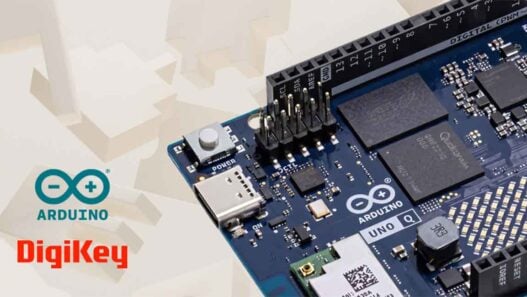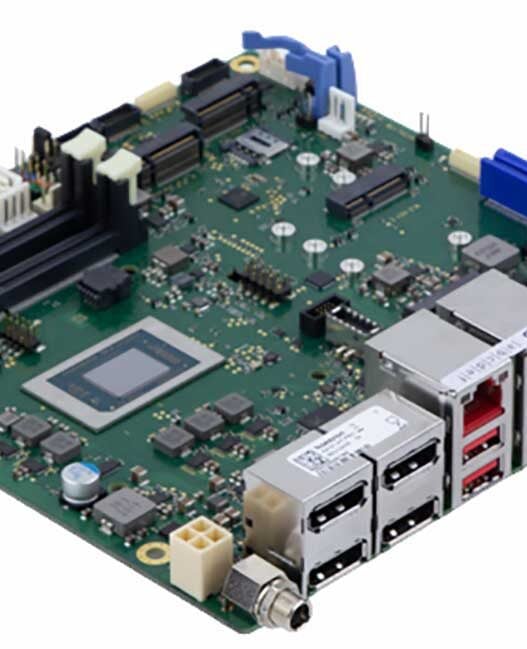7,000 consumers in the USA, Asia and Europe were interviewed in a representative survey of the population by a market research institute on behalf of the world’s leading trade fair and conference electronica.
Navigation systems and smartphones have popularised smart voice control in private households. Manufacturers are working at full speed with artificial intelligence and digital networking to build on the current success of smart electronics.
The concept of voice control is clearly popular among consumers: Around 60% of consumers worldwide are in favour of electronic devices being able to engage in dialog with humans in the future—along the lines of familiar voice-activated assistants such as Siri, Alexa, and Cortana. Chinese (85%), US (68%), and Italian (66%) consumers are particularly enthusiastic about being able to converse with electronic devices in the future. However, 17% of consumers all around the world strongly object to the concept of talking electronics.
What robots should and shouldn’t be able to do
There is a consensus amongst consumers that digital assistants shouldn’t be too ‘human-like’: In response to the question regarding how future service robots should behave, 72% are in favour of robots with artificial intelligence remaining clearly recognisable as machines.
The strongest advocates for this are Italians (78%) and US Americans (77%). However, even in Japan, which comparably has the lowest level of support, there is still a clear majority of 69% in favour.
Robots should learn autonomously
By contrast, a global average of 72% of respondents are in favour of robots using artificial intelligence to learn autonomously and respond to new situations. The same percentage would like robots to provide decision-making support, although control should never be relinquished by humans.
This basic view generally applies to the use of artificial intelligence in electronic devices: The large majority of consumers would like AI to only provide assistance and not replace human thought processes—according to the latest survey, 71% of the world share this opinion.
That being said, the number of people adhering to this view is declining in some countries. According to the 2016 electronica Trend Index, 82% of Germany’s respondents shared this view, compared to the current figure of just 67%.
On the other hand, opinions as to whether a machine should be able to recognise human feelings and react to them are divided. In Japan and European countries, only around half of respondents are in favour; in the US this figure is just under 60%, but China has the most positive response at 85%.















